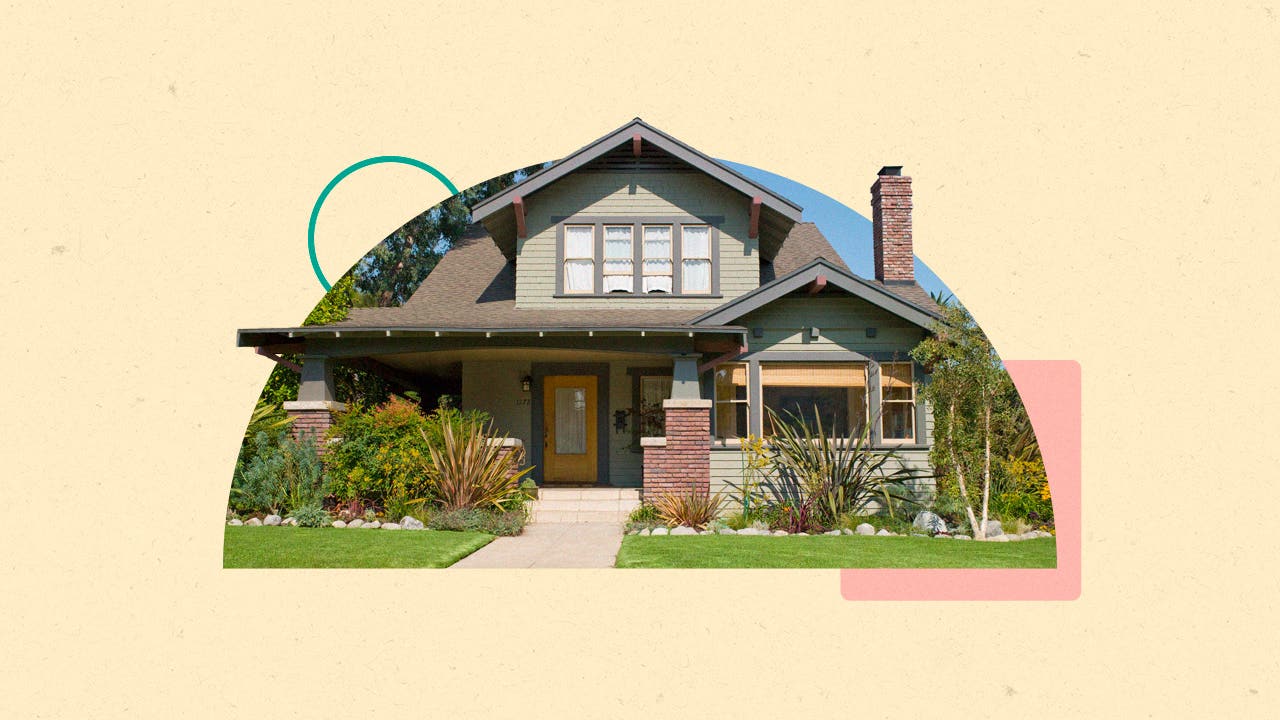Average closing costs on a house in 2025

Key takeaways
- Closing costs can vary significantly by state, ranging from less than 1 percent of the home’s sale price to nearly 3 percent.
- Washington, D.C. has the highest average closing costs in the country, while South Dakota has the lowest.
- Homebuyers can potentially negotiate certain closing costs to lower their upfront costs.
Buying a home is one of the biggest investments you may ever make, but the asking price doesn’t offer the complete picture of how much you’ll need to get the keys. You’ll also have to account for closing costs, which are the fees associated with finalizing a real estate deal, like home appraisal and credit check fees.
One big factor that impacts your closing cost tab is where in the U.S. you’re buying — typical costs can vary widely from one state to another. If you’re in the process of buying a house, or just starting to think about it, keep reading for details on the average closing costs by state.
How much are average closing costs?
Closing costs are the upfront fees you pay when getting a mortgage and finalizing a home purchase. The national average for closing costs is $4,661 including recording and taxes — or approximately 1.6 percent of the average sales price of $438,236 — according to data analysis from LodeStar Software Solutions. Without recording and taxes, the typical closing cost tab comes to $3,042.
You’ll also pay closing costs when you refinance your mortgage. Those costs, however, tend to be lower: an average of $2,403 with recording and taxes and a modest price tag of $1,870 without, according to LodeStar.
In general, closing costs for a home purchase cover expenses and fees including:
- Credit check
- Title search and insurance
- Appraisal
- Attorney fees
- Origination fee
- Application fee
- Underwriting fee
- Transfer taxes, if applicable
Closing costs by state
Depending on what state you’re in, closing fees can amount to anywhere from less than 1 percent of the home’s sale price to nearly 3 percent at the highest end of the range, according to LodeStar data.
| State | Closing costs for home purchase (including taxes) | Percentage of average home sale price (including taxes) |
|---|---|---|
| Washington, D.C. | $17,545 | 2.39% |
| New York | $13,738 | 2.47% |
| Delaware | $12,157 | 2.99% |
| Maryland | $9,218 | 2.03% |
| Vermont | $8,597 | 2.20% |
| Florida | $8,492 | 1.82% |
| Pennsylvania | $8,259 | 2.36% |
| New Hampshire | $7,034 | 1.34% |
| Virginia | $6,817 | 1.36% |
| Washington | $5,995 | 1.01% |
| California | $5,962 | 0.74% |
| Hawaii | $5,921 | 0.62% |
| New Jersey | $5,410 | 0.92% |
| Massachusetts | $5,112 | 0.81% |
| Georgia | $5,106 | 1.24% |
| Tennessee | $5,063 | 1.18% |
| Illinois | $4,702 | 1.30% |
| Connecticut | $4,249 | 0.93% |
| Nevada | $4,157 | 0.84% |
| Michigan | $4,138 | 1.08% |
| Utah | $3,997 | 0.72% |
| Rhode Island | $3,810 | 0.75% |
| Texas | $3,713 | 0.93% |
| Alaska | $3,683 | 0.54% |
| Arizona | $3,574 | 0.76% |
| Louisiana | $3,513 | 1.20% |
| Idaho | $3,497 | 0.70% |
| Minnesota | $3,492 | 0.91% |
| Colorado | $3,479 | 0.59% |
| Maine | $3,437 | 0.88% |
| Ohio | $3,394 | 1.07% |
| West Virginia | $3,272 | 1.14% |
| Oregon | $3,207 | 0.67% |
| Montana | $3,157 | 0.60% |
| Wyoming | $3,070 | 0.76% |
| New Mexico | $3,011 | 0.84% |
| Oklahoma | $2,896 | 1.08% |
| South Carolina | $2,883 | 0.65% |
| Alabama | $2,791 | 0.89% |
| Wisconsin | $2,741 | 0.76% |
| North Carolina | $2,480 | 0.56% |
| Kentucky | $2,475 | 0.91% |
| Arkansas | $2,440 | 0.84% |
| Kansas | $2,369 | 0.80% |
| Nebraska | $2,344 | 0.74% |
| Mississippi | $2,332 | 0.98% |
| North Dakota | $2,243 | 0.69% |
| Indiana | $1,810 | 0.70% |
| Missouri | $1,740 | 0.60% |
| Iowa | $1,640 | 0.64% |
| South Dakota | $1,551 | 0.46% |
| Source: LodeStar Software Solutions | ||
States with no transfer taxes
One of the expenses that adds to closing costs is real estate transfer taxes, which cover the cost of transferring a title or deed from the seller to the buyer. However, some states do not charge a transfer tax:
- Alaska
- Idaho
- Indiana
- Kansas
- Louisiana
- Mississippi
- Missouri
- Montana
- New Mexico
- North Dakota
- Oregon (most counties)
- Texas
- Utah
- Wyoming
FAQs
Why we ask for feedback Your feedback helps us improve our content and services. It takes less than a minute to complete.
Your responses are anonymous and will only be used for improving our website.





